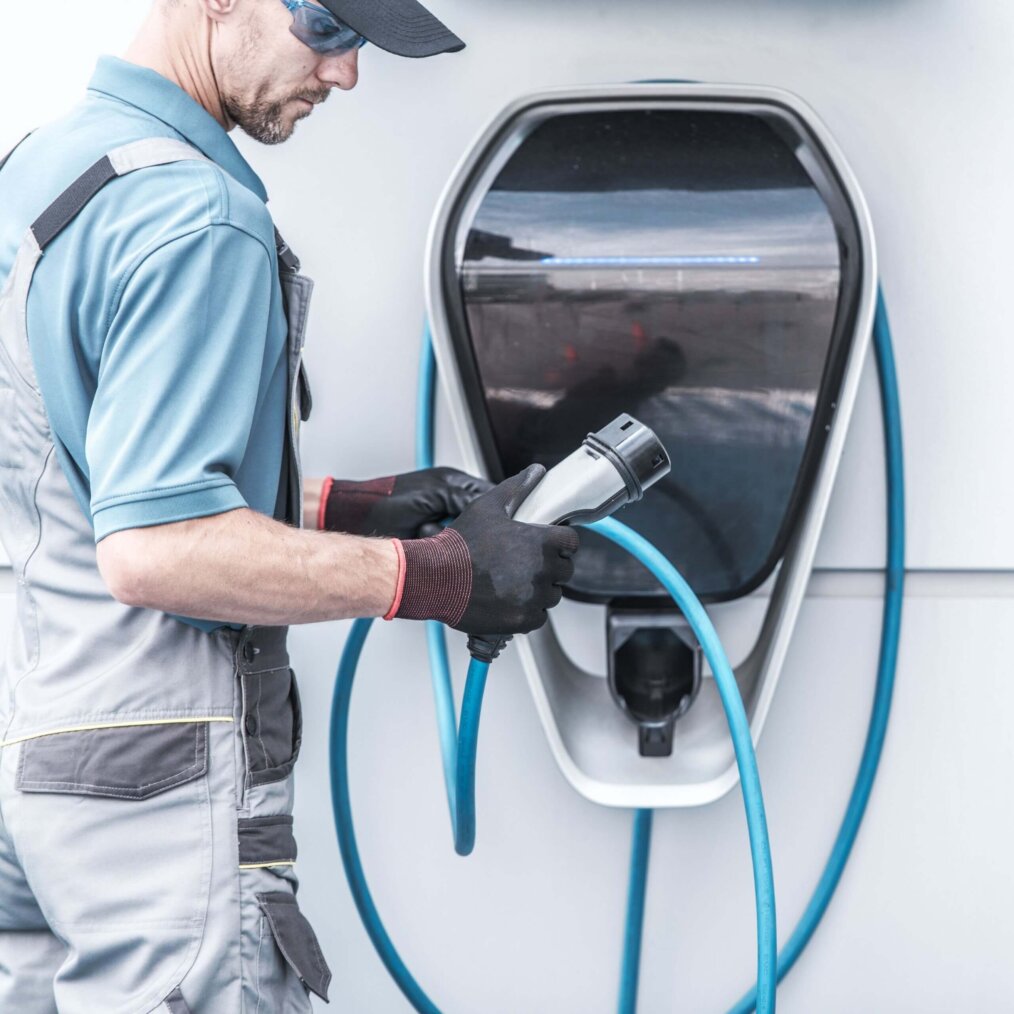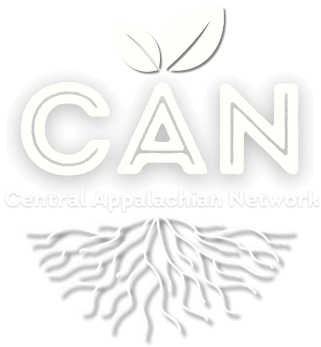
CEWG Mini Grant Powers Professionals to Go Electric!
In 2022, CAN had the opportunity to distribute Rapid Response Mini-Grants to fund projects for CAN Clean Energy Clean Working Group participants to advance and defend clean energy policies in Virginia, Tennessee, West Virginia, Ohio, and Kentucky. These are the success stories of those grants.
Rural Action is driving to a future that uplifts Appalachian communities through clean energy. In response to federal laws encouraging the use of electric vehicles (EVs), Rural Action launched a three-part webinar series, Electric Vehicle Focused Learning Opportunity (EVFLO), to encourage and educate Appalachian professionals on going electric.
Based in Ohio, Rural Action is dedicated to creating locally-based, sustainable, and inclusive development in Appalachian communities. The organization builds a more just economy and helps communities develop their assets to become more environmentally, socially, and economically sustainable.
EVFLO kicked off in September 2022, when CAN’s Clean Energy Working Group aided in promoting the webinar series to professionals via email. On November 3, 2022, seven participants came together to dive deep into the world of rural EVs, learning about benefits and challenges and building partnerships for charging and utility purposes. Rob Hyman, Transportation Policy Analyst at the U.S. Department of Transportation (USDOT), shared a comprehensive toolkit compiling resources on topics discussed during the webinar.
Organizations including USDOT, Sustainable Ohio Public Energy Council (SOPEC), Norwalk Economic Development Corporation, Piper Communication, and the West Virginia Electric Auto Association (WVEAA) were represented during the webinar. Topics included EV infrastructure, financing, and policies.
Rural Action’s Sustainable Energy Solutions Team (SES), with Sarah Conley-Ballew and Jacob Richard, collaborated with WVEAA president Robert Fernatt to lead an hour-long conversation about mapping charging sites. The team demonstrated how to use software such as the innovative Geospatial Energy Mapper (GEM) tool and Google Maps to seek locations for charging ports. Alongside the mapping exercise, the group also discussed addressing regressive state policies that de-incentivize electric vehicles by tacking extra fees onto EV purchases.
The SES Team also met with Erin Stevens of SOPEC for a one-on-one consultation about SOPEC’s recent provision of an EV charging station to the Village of Albany, Ohio, which wasn’t willing to pay for the entire cost due to community concerns. SES advised SOPEC to contact a local library to host the charging site and shared future funding opportunities to install additional charging stations in the local area.
Rural Action, SES, and the organizations involved in EVFLO broke new ground in discussing how to implement effective EV adoption throughout Appalachia. Although these discussions shed light on gaps in support for rural communities, the conversations shared throughout the series primarily focused on the progress that is being made toward a cleaner, more sustainable future for the region.
Although the webinar’s reach was smaller than anticipated, SES still broke ground in discussing EV implementation in Appalachia. These discussions also highlighted gaps in support for rural communities and how technical support in Appalachia is needed more than ever for an equitable distribution of care.
JOIN THE CAN’s CLEAN ENERGY WORKING GROUP TO LEARN ABOUT FUNDING OPPORTUNITIES LIKE THIS ONE!
The Clean Energy Working Group is a broad coalition of practitioners accelerating Central Appalachia’s equitable clean energy transition through collective power-building, collaborative funding models, coordinated policy advocacy, and peer learning. Join for the next monthly call and learn more on their information page. https://www.cannetwork.org/focus-areas/clean-energy-working-group/
